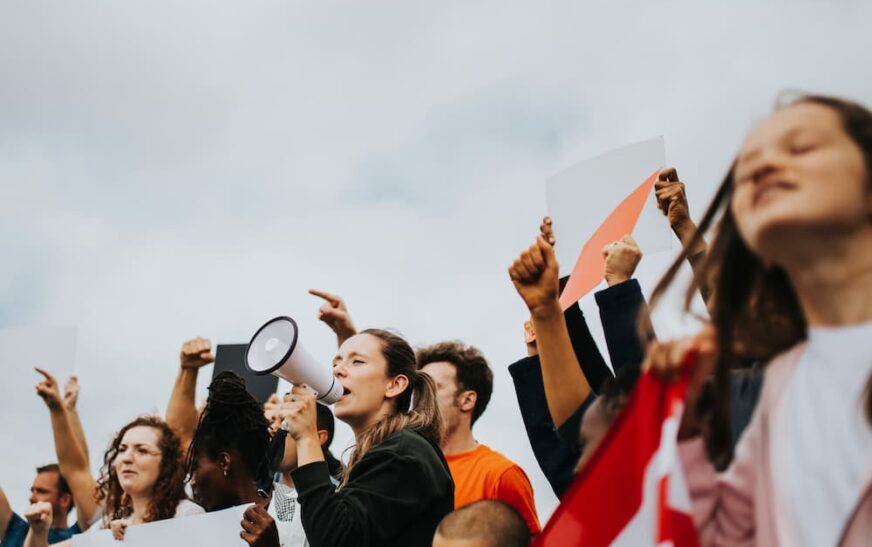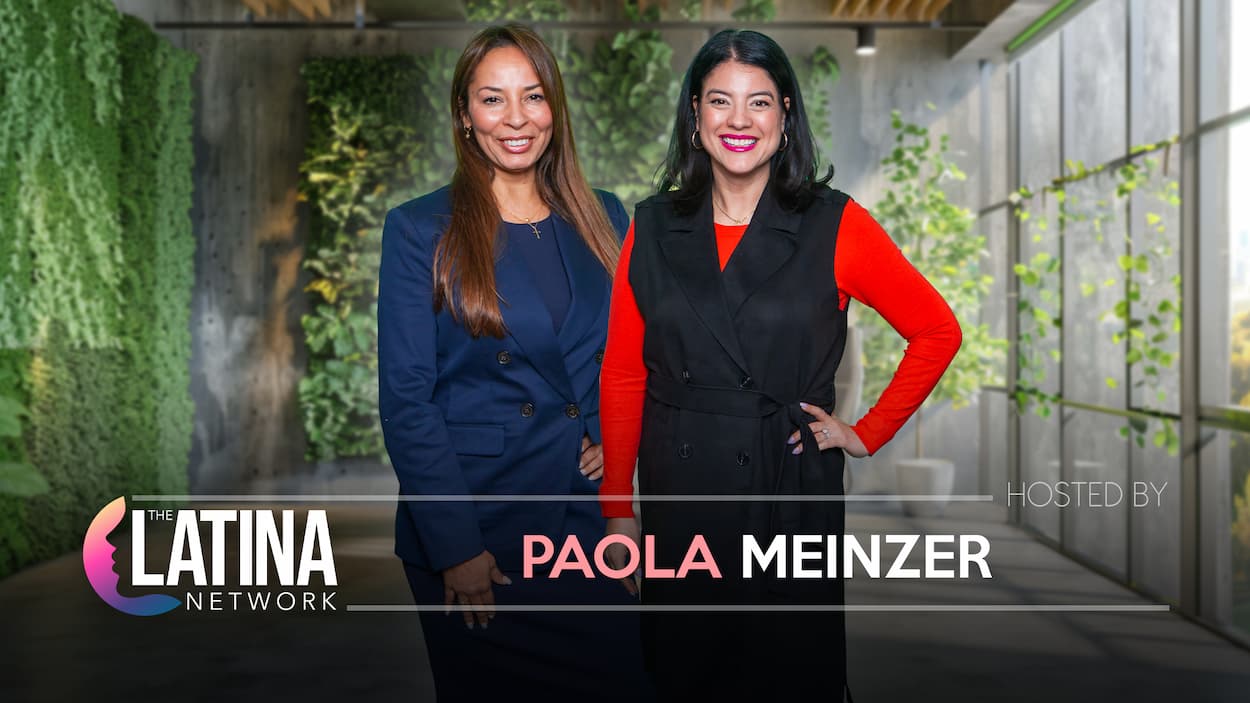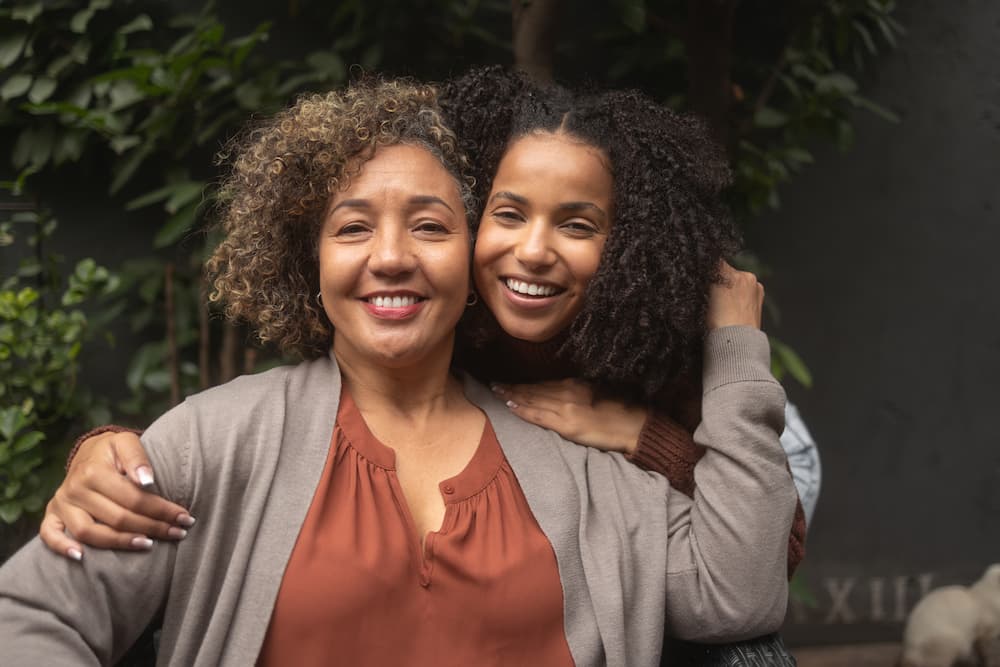Latinas have always been at the heart of change. We are the ones organizing neighbors when housing rights are threatened, leading marches when immigrant families are torn apart, and creating mutual-aid networks when systems fail us. Our activism has carried communities through moments of crisis and kept hope alive when politics seemed deaf to our voices. But if we want more than moments—if we want transformation—we must ask ourselves a harder question: how do we turn activism into lasting political power?
The truth is that activism without power is fragile. A march can make headlines, a petition can draw signatures, a protest can shake the streets—but without translating that energy into votes, legislation, and policy, victories remain temporary. Latinas know how to mobilize. The challenge before us now is learning how to institutionalize.

The first step is coalition. Our struggles do not exist in isolation, and neither should our movements. Latina activists who connect with Black, Indigenous, Asian, labor, LGBTQ+, and environmental groups multiply their impact. Coalitions amplify our voice in rooms where decisions are made and ensure that our issues cannot be ignored as “single-issue” concerns. Power is rarely built alone; it is almost always built across movements.
The second is strategy in the digital age. Social media has given us tools our mothers and abuelas could never have imagined. A video shared on TikTok can mobilize thousands. An Instagram Live can turn a rally into a national conversation. But digital activism cannot end on the screen. To last, it must lead people somewhere: voter registration drives, city council meetings, fundraising campaigns, political education workshops. The algorithm is not our finish line—it is our amplifier.
The third is courage—the courage to move from organizing outside the system to leading inside it. Too many Latinas stop at advocacy because politics looks intimidating or corrupt. But if we do not sit at the table, our communities will remain on the menu. That means running for school boards, city councils, and state legislatures. It means becoming policy advisors, chiefs of staff, lobbyists. It means translating our lived experiences into legislation that protects our families, our workers, our rights. Every Latina activist should ask herself: where can my voice have the most impact—on the streets, in the courts, or in the chambers where laws are written? The answer may be more than one.

None of this is easy. It requires resources we have historically been denied: money, mentorship, media coverage. But we are not starting from nothing. Organizations led by Latinas already exist, training the next wave of candidates, teaching grassroots leaders how to navigate city budgets, and building political PACs dedicated to women of color. What we need is scale—more women entering these pipelines, more allies funding them, more communities showing up at the polls when our sisters’ names are on the ballot.
And we need to break a myth: that self-care and political work are opposites. Burnout has silenced too many voices. If we want to sustain power, we must take seriously the health of our leaders. Political strength is not measured in exhaustion—it is measured in endurance. Joy, community, wellness: these are not extras, they are the infrastructure of long-term influence.
The stakes are too high to wait. Immigration reform, reproductive rights, labor protections, climate justice—every one of these battles touches Latinas directly. We cannot afford to be visible only in moments of protest. We must be permanent players in the arenas where futures are decided.

So let us move with clarity. March, yes. Organize, yes. But also register voters, study campaign finance, learn how a bill becomes law in your state. Support Latinas who step into candidacy with the same energy we bring to rallies. Share their stories, fund their campaigns, defend their voices when they are attacked.
Because activism is the spark, but power is the fire. And if we want to see a future shaped by our values, we cannot stop at sparking. We must keep building, keep fueling, until the fire burns in every chamber of power this country holds.
Latinas have always been the heart of movements. Now it is time for us to be their leaders.










